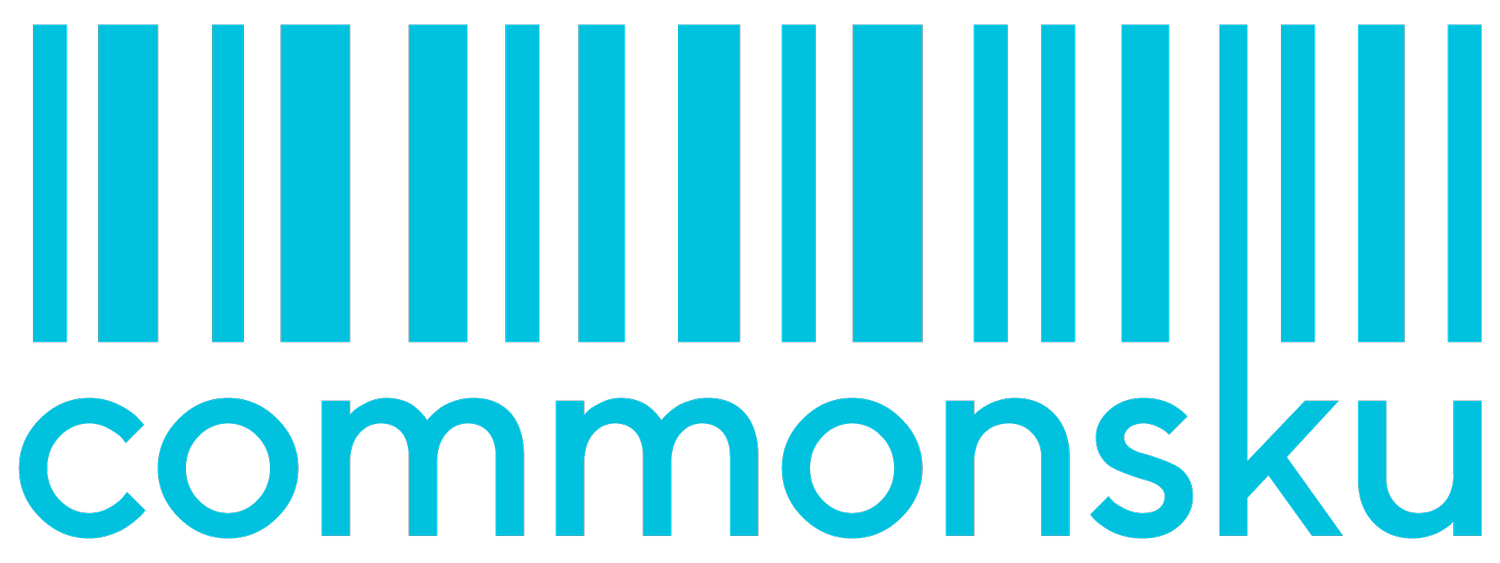Customer Growth Journey with Turnkey Merchandise Programs: How Project Portals Help Holly Ringle Win Big Business
While average industry growth is around 5%, the commonsku distributor averages around 20%. We’re passionate about growth. It’s why we exist, to help entrepreneurs grow quicker, faster, and with less stress and more joy in their work. This is a new series that highlights the journey of our clients and how changes to their structure and their systems ignite exponential growth.
Holly Ringle is one of my favorite people in this business, she’s smart, with a wicked fast wit, incredible work-ethic, and a no-nonsense attitude about taking care of her customers. Holly is the President of Turnkey Merchandise Programs and has worked with clients such as Kellogg’s, Pop-Tarts, Campbell Soup, as well as many non-profit initiatives. At the time of this conversation, she and her team had just landed a $5 million dollar customer. And the reason we hopped on a call: I wanted to understand better how they’ve been using commonsku to help land clients. In recent prospect pitches, they have been demonstrating commonsku's Project Portal -a dashboard that allows your customer to see all communication and statuses about a particular project in one place- eliminating costly and annoying phone and email follow up for every project.
I asked Holly, "How has commonsku's Project Portal helped you win business?"
We recently showed portals in an RFQ response, in a pitch to an existing client, we were standing to gain an additional $400,000 in annual spend, the portal was very influential to them and was part of the reason we were included in the final award of that business.
How did this conversation about the portal come about?
The client said, “We want to understand your communication strategy and want you to present it to us,” and the Project Portal was a key part of this strategy. It was a big RFP and we are a small boutique company so, when they asked a very broad question “explain your communication process,” we knew, going into it, that they are a larger organization, fatigued by email. When we demoed it, they really liked the commonsku portal, how it greatly simplified communication, one of our buyers even pulled me aside afterwards and said, “Tell me more about that. I didn’t want to put you on the spot in a public presentation but I like that portal.” I think the portal plays an important role in continuing to get more business from clients.
What else do you think clients love about this in addition to simplifying the communication?
Some people find email very oppressive. So, I do feel like it's a liberation from that constant barrage and noise in their inbox, we can just give them the link to the portal and they can use that as their one central data point. It’s also a transparency issue, gives them a peek behind the curtain.
How do you think this affects your customers and your team?
There are certain buyers to whom this transparency is very reassuring. Some customers are more hands off and don’t want that type of involvement but the ones that do, tend to be more high maintenance, some might be less trusting or super engaged. That’s not a criticism, they just need more attention, whether they are new or whether it’s the volume of projects, or the nature of their projects. And it reduces a lot of the hand-holding we have to do on each project while giving them complete oversight into status. We never want to hide behind a portal nor not give our best service but if the portal can free up transactional conversations so we can focus on more of their future sales needs, that’s helping us both tremendously.
Do I ever understand! One of the last programs we onboarded when I was a distributor was a very large oil and gas company and they were very intense in terms of wanting updates, wanting to know where everything is at, at all times, and it was high-touch. We had massive spreadsheets that we shared with the client and it was a nightmare to manage. We were entering in a play-by-play for every project. That’s why, when I first saw the project portal on the development roadmap with our team, I was pumped about how much time this would free up distributors to focus.
Not just that, but it can literally reduce the number of people, bodies you have to have to manage a client. Plus, keeping everyone accountable, everyone in alignment is crucial. The portal gives everyone a central repository and everyone is working from the same information which is invaluable to us because it minimizes mistakes and opens communication.
What triggered this portals discovery and focus?
The client request for a communication strategy required us to re-engage with commonsku and thoroughly look at what the platform has to offer. As one of our leaders, I knew why we initially invested in the platform but I challenged my team to look closer at commonsku, to reinvest in discovering, and investigate each of those features again, I needed each of them to do this so they could speak credibly about it to the client, they learned a ton in the process.
How long have you been on commonsku?
Since 2011, our organization started in 2007.
And what has growth been like since 2007?
We’ve tripled our revenue.
And with that, I don’t think I have any more questions (ha). Thank you for your time Holly and congrats on the big win, we’re so honored, you’re an incredible customer, and thank you for your business. I hope project portals helps land many more big clients in the future!
I do too and thank you!
Want to learn more about Project Portals? Check out Professor Aaron's quick video explainer on YouTube.

